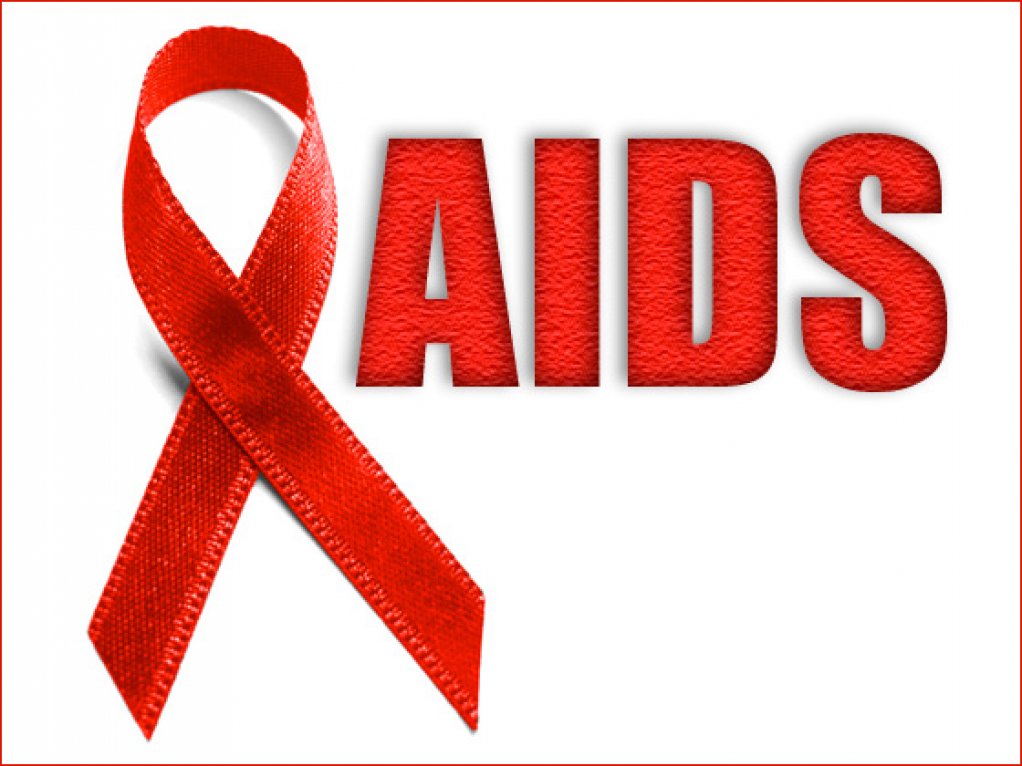/ MEDIA STATEMENT / The content on this page is not written by Polity.org.za, but is supplied by third parties. This content does not constitute news reporting by Polity.org.za.
AIDS could now be in the process of becoming just another disease, slipping from the public’s eye and the policy priorities of governments.
This timely warning came at the 20th International AIDS Conference held in Melbourne this month.
“It was concerning to hear these harsh words from activists. They were saying that AIDS is becoming just another disease of the poor, the criminalised and marginalised, just another manifestation of global complacency about poverty and inequality.
“Funding is drying up and the voices urging action on all fronts are falling quiet,” warned Dr Ramneek Ahluwalia, director and head of the Higher Education & Training HIV/AIDS programme (HEAIDS), who attended the conference.
He points out that the Economist warned in its report on the conference: “Those fighting AIDS must learn to do more with less”.
Fortunately, the South African government still sees the fight against AIDS as a high priority but “we should heed the warning”, he says.
It certainly has to be kept in mind when the South African AIDS conference is held next year and as work continues towards the 2016 International AIDS Conference.
There was positive news, too, Dr Ahluwalia said. A study published in The Lancet to coincide with the conference found that there were some 29 million people living with HIV in 2013 and not 35 million as UNAIDS has been estimating. This will obviously relieve some of the pressure from the slowdown in funding.
Notable too was that there were 1.8 million new infections compared to 1.3 million deaths – underlining the point that the fight is improving but not over.
A more realistic approach also became evident – in short, ninety is now the new zero, indicating that the previous call of ‘zero new infections, zero HIV-related discrimination, zero AIDS-related deaths’ has been replaced.
UNAIDS now focuses on 90% of people with HIV being aware of their status, 90% of people being on treatment, 90% of those on treatment with lasting viral suppression by 2020. “The achievement of targets, however, requires interrogation. Targets are necessary, but to be achievable, they need to be matched by adequate resources,” urges Dr Ahluwalia.
High on the list for the 2016 AIDS conference agenda should be issues which were raised at the Melbourne meeting, particularly:
· Adolescents need help. Deaths among 12 to 18-year olds increased by 50% between 2005 and 2012. Researchers at the conference highlighted that cash grants, school feeding programmes and psychosocial support can reduce HIV risk behaviour by half in adolescent boys and girls.
· Women using injectable hormonal contraceptives are at greater risk of contracting HIV but are we doing enough to inform women of this before they choose birth control methods?
· More broadly, a greater focus on women as a group is necessary. As it was put: gender-based violence, inequality and lack of legal protection fuels HIV transmission amongst this highly vulnerable group.
· Injecting drug users (IDUs) are up there when it comes to being most vulnerable but far too little funding is available to provide safe injection sites and other prevention and care services.
· Alarming statistics about forced sterilisation of women around the world call for campaigns to stop this extreme violation of basic human rights.
“The fundamental message from Melbourne was this: so much achieved, so much more to be done,” says Dr Ahluwalia.
EMAIL THIS ARTICLE SAVE THIS ARTICLE
To subscribe email subscriptions@creamermedia.co.za or click here
To advertise email advertising@creamermedia.co.za or click here











